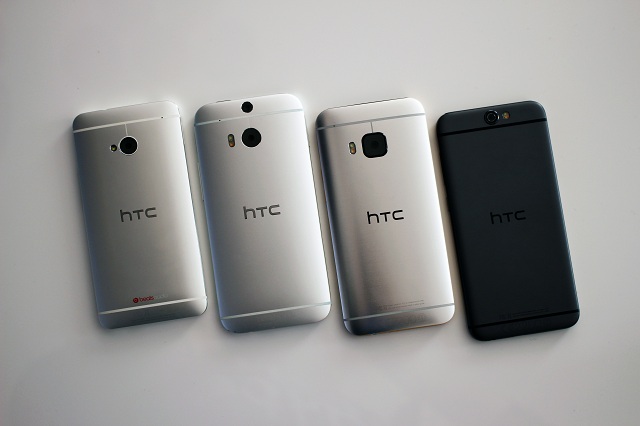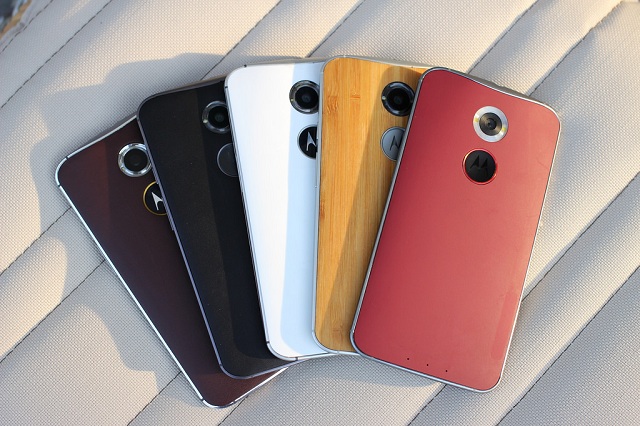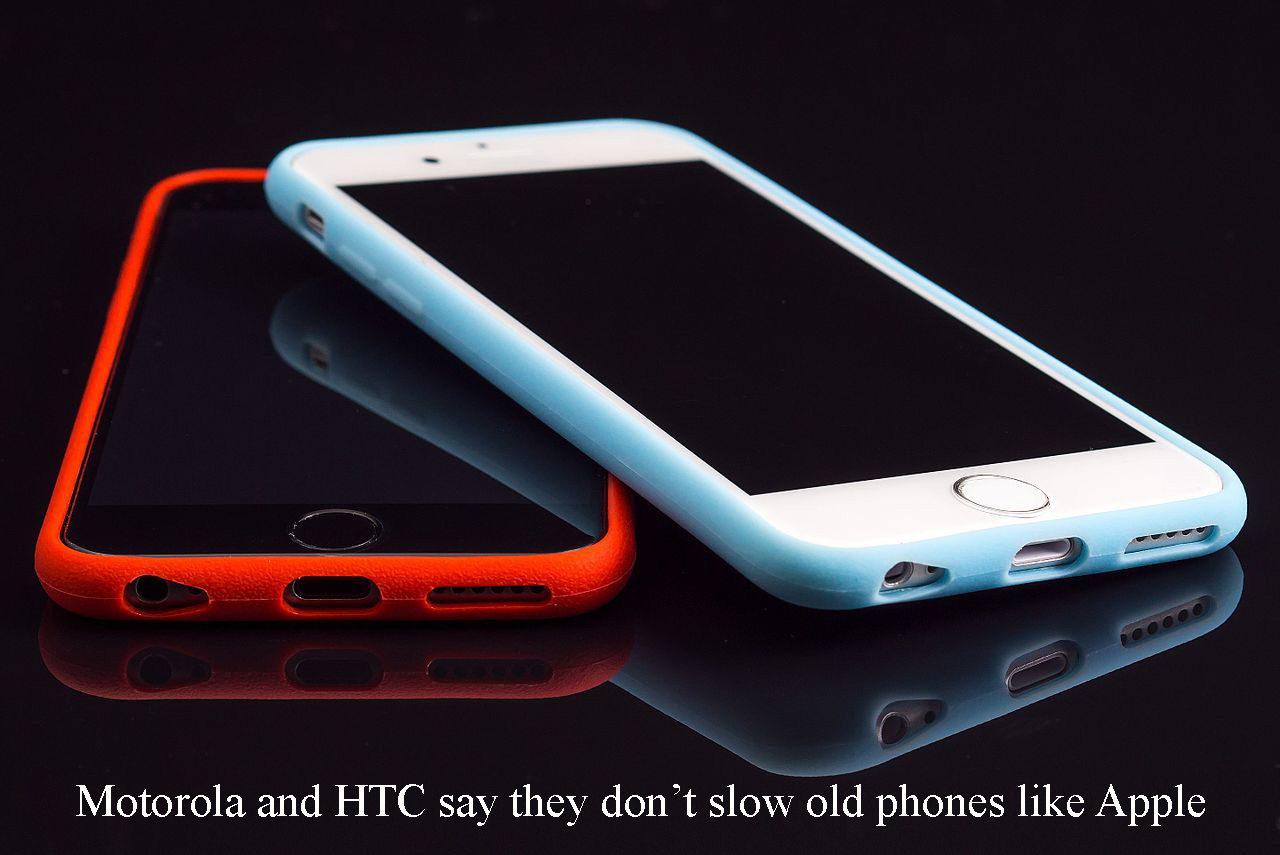Motorola and HTC Say They Don’t Slow Old Phones Like Apple
Motorola and HTC say they don’t regulate their companies smartphones processor speeds reduce by the use of batteries (battery age), last week apple doing to check errors after iPhone users recognized their device slows down.
In a report, both Motorola and HTC companies said they do not work similar practices with their device.
An HTC spokesperson said that designing smartphones to slow down their processor speed as per their batteries ages “is not something we do.”

A Motorola spokesperson said, “We do not throttle CPU speed based on device’s older batteries.”

Other smartphone Companies (like Google, Samsung, LG, and Sony) are said their device processors are throttled in response to older batteries.
A Sony spokesperson said a reply would be late for the holidays, and a Samsung spokesperson said our company was observing it.
The retorts begin to make clear whether or not throttling processor speeds is usual activities in smartphones as of last week; we knew that Apple was doing it before, but not whether it was a common thing among other smartphone companies. Motorola and HTC’s retorts start to suggest that it’s not.
Apple said that they introduced this activity last year, for the iPhone 6, iPhone 6S, and iPhone SE, as a way to check random shutdowns of aging smartphones. As the device batteries naturally lower with use, they become able to output less power, top the smartphone to sudden switch-off when the processor hang up to a high and hard speed. Apple limited the device’s processor speed to prevent that switch-off, but in the process, also limited how fast a smartphone can get and did so without making this performance clear to users.
There have long been plot ideas of “strategic obsolesce” for Apple iPhones, the idea being that Apple by design slows down the phone right as a new one is out to raise its spirits of the customers to upgrade. While this very well plays into that idea, it isn’t the same thing: the behavior Apple introduced for that device is meant to spread their users, albeit at the cost of whole performance.
Apple didn’t make it clear that replacing the battery of the iPhone. It could resolve this problem and recover performance. Apple doesn’t make it mainly to replace the batteries. And more significantly, it could have planned smartphones that didn’t need these guardrails just a year after their release, which is maybe the big problem.
These issues have shown frustrated Apple iPhones users who found their device suddenly slower after an update, and some others are hoping to bring a class action claim against Apple for the largely unnamed repetition.

